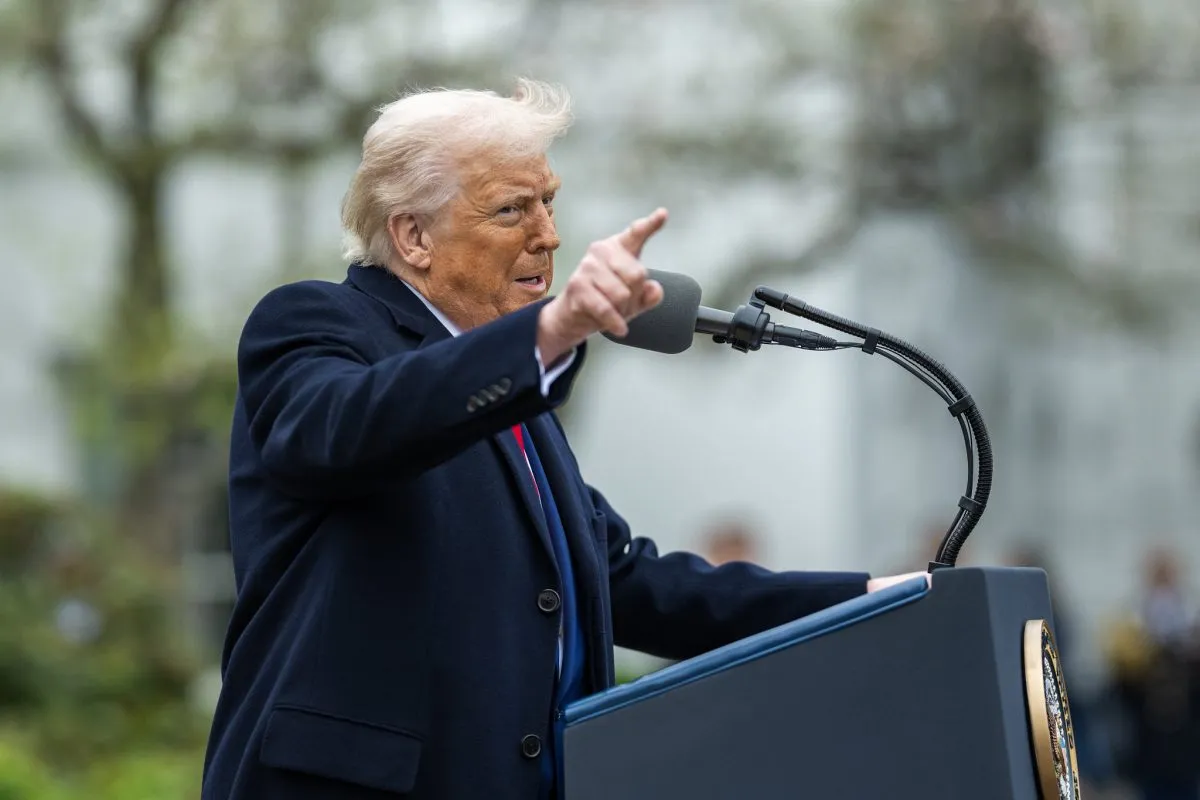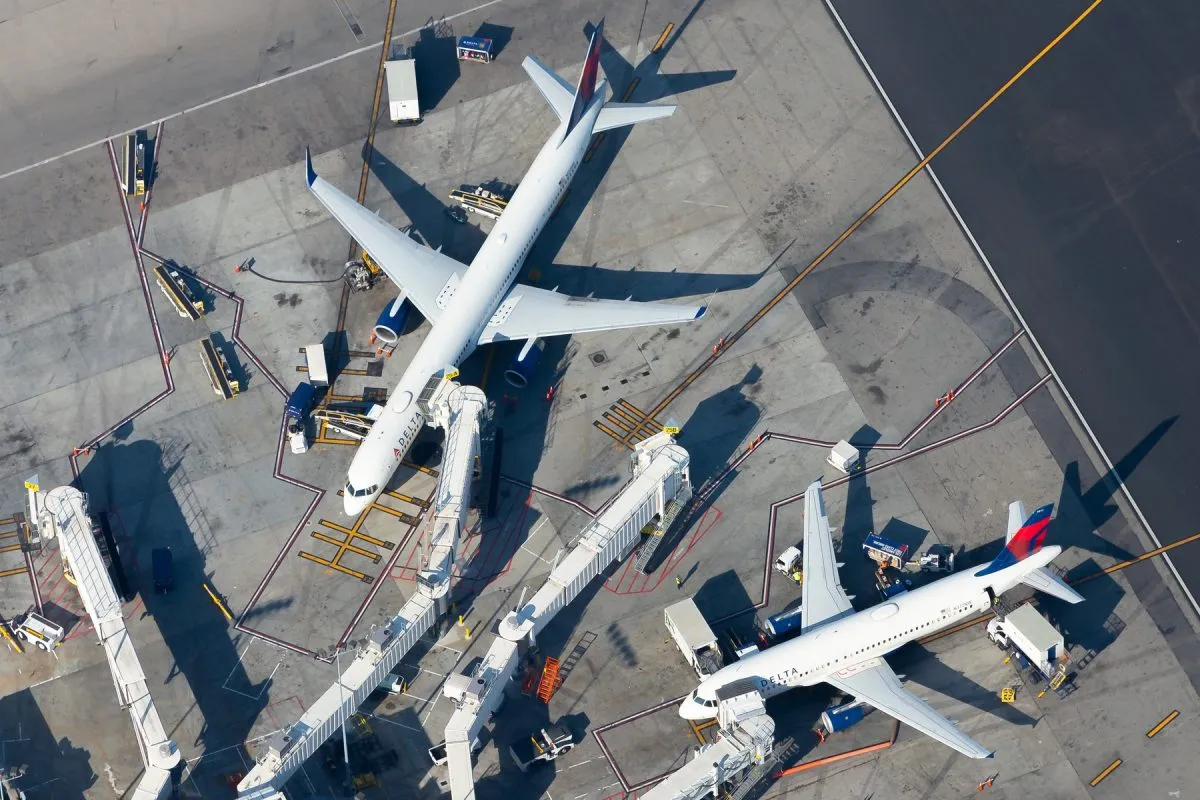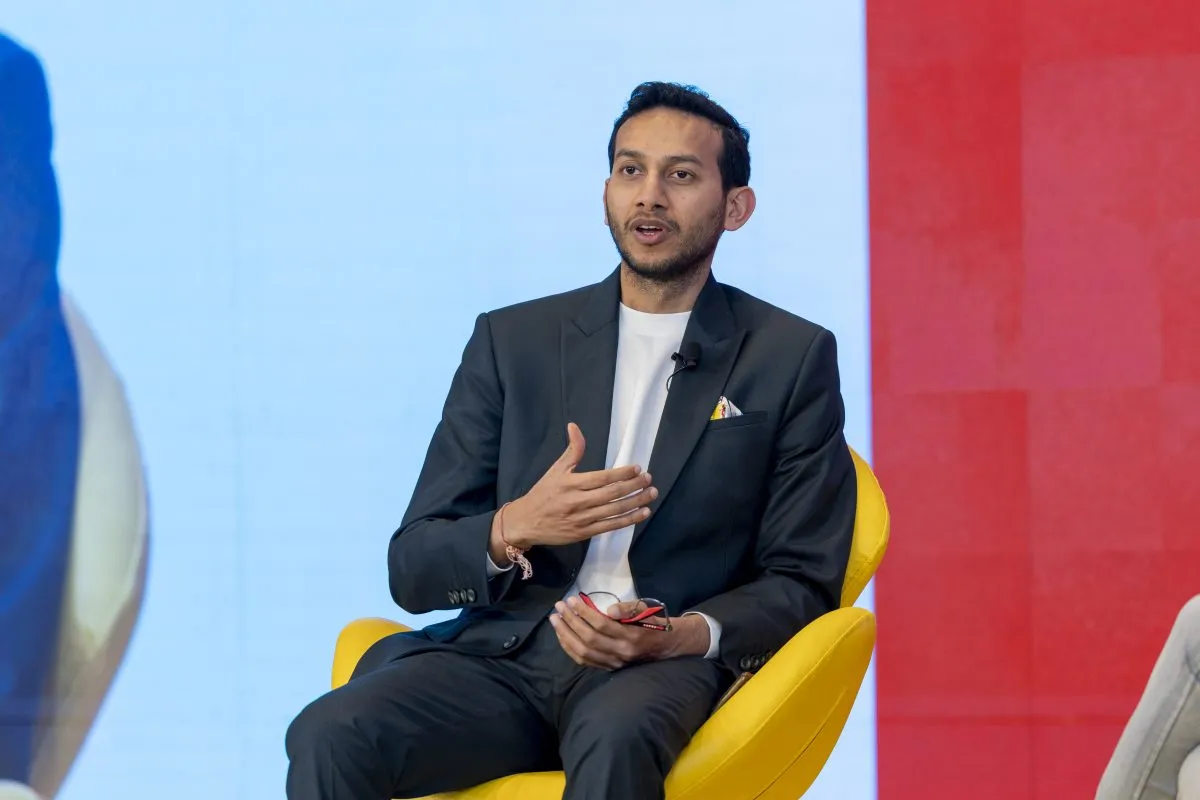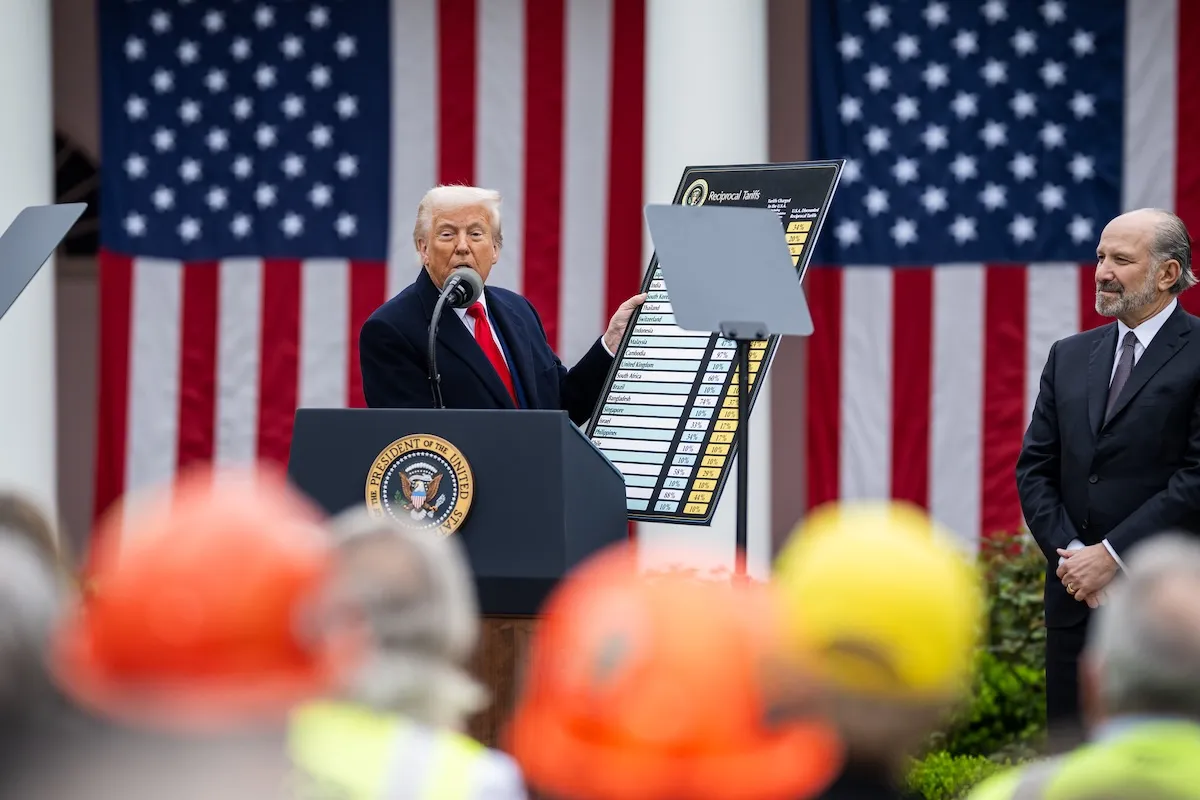Hilton CEO Says Hotel Chain Was 'Totally Dysfunctional' Before Blackstone
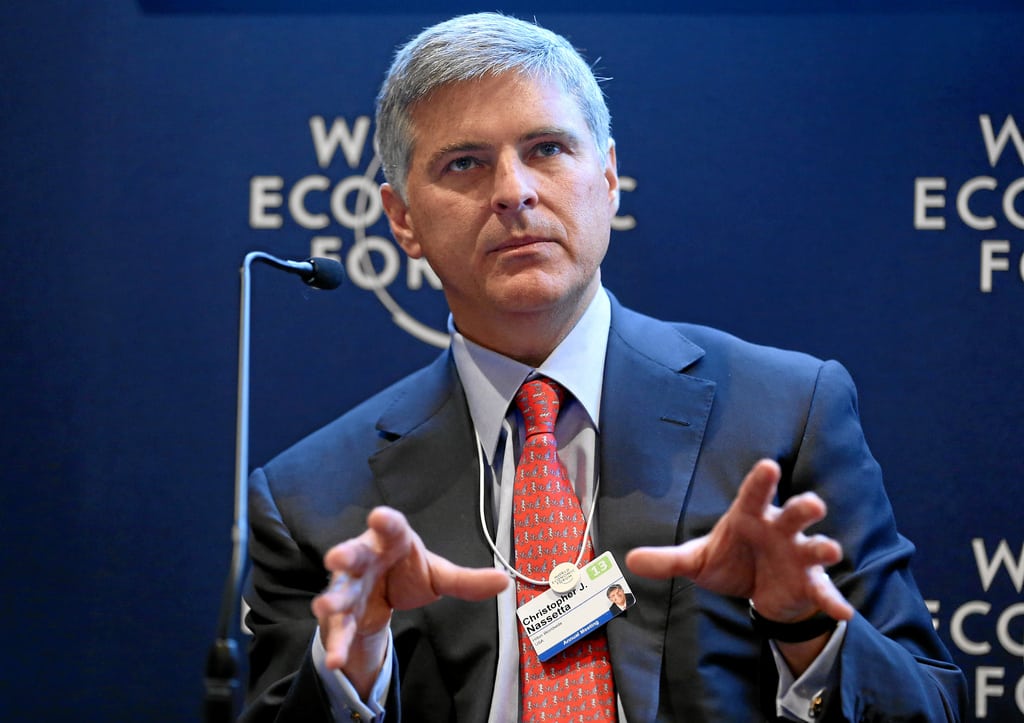
Skift Take
Hilton Worldwide CEO Christopher Nassetta told potential investors during its IPO roadshow that the chain was a "totally dysfunctional organization" prior to Blackstone's 2007 acquisition.
The hand-picked Nassetta came on board from Host Hotels and Resorts in October 2007, five days after the acquisition closed.
Cost containment under the prior Hilton regime?
"Let's just say there was none" at either the chain or property level, Nassetta remarked to investors during the roadshow.
Private Company Gets Candid About Its Roots
As a private company, Hilton executives usually don't dish in public on past transgressions, but in crafting a plot line about Hilton's growth story and "transformation" in preparation for the now-imminent $2.4 billion IPO -- the largest public offering in the history of the hotel industry -- Nassetta was brutally candid with Wall Street types, who took it all in.
By the time Blackstone arrived in 2007, Nassetta said, Hilton had "ceded" its hotel industry leadership position, its growth rate was "average" and almost entirely U.S.-based, but it still had good brands, although there were plenty of holes in them to fill.
The culture of the global organization was a mess, and Hilton had no thoughtful "people structure" to recruit talent in the 90 countries it operated in, Nassetta said.
A Moral To the Story
Of course, the punchline is that there is a Hilton turnaround story here.
Nassetta said Hilton rebuilt the entire management team, constructed a "global matrix organization" with consistent values and priorities, relocated its global headquarters, fixed the top line, and removed "hundreds of millions" of dollars in costs.
Nassetta said Hilton before Blackstone had no luxury strategy, and today has the fastest growing luxury brands in its Waldorf Astoria and Conrad Hotels brands. Hilton also reenergized its full-service brands, and launched the "focused-service brand" Home2 Suites by Hilton in 2009, its most-successful brand launch to date.
In addition to revamping Hilton HHonors to make it more "aspirational," Hilton vastly expanded its international footprint, Nassetta said.
"We didn't want to win just in China or Europe or Brazil," Nassetta said. "We wanted to win everywhere."
Nassetta said Hilton has more rooms under construction than any other chain in the world, and almost 80% of these rooms under construction are outside the U.S. That contrasts with just 13% of its rooms under construction being abroad prior to the acquisition.
Some 52% of Hilton Worldwide's revenue today comes from its highest-margin business, managed franchises, 37% is generated by corporate locations which might be divested in the future, and 11% from timeshares.
Let Others Take the Risk
Importantly, Hilton under Blackstone has embarked on a "capital light" strategy, Nassetta said, meaning the group is "growing with third-party capital."
"Our category-killer brands are attracting capital from all over the world, and it is their capital we are growing with, not ours," Nassetta said.
Hilton Worldwide has achieved "great" bottom-line results, as it increased the top line and achieved cost efficiencies, he said.
Nassetta said Hilton Worldwide has "out-performed" its two chief competitors, Marriott and Starwood, and is number one in regional pipelines in every market in the world except in the U.S., where it is a close second.
"The game is about relative performance," he said, expressing satisfaction with the competitive outlook.
Now, Hilton Worldwide is about to cash-in on this turnaround tale big-time.


